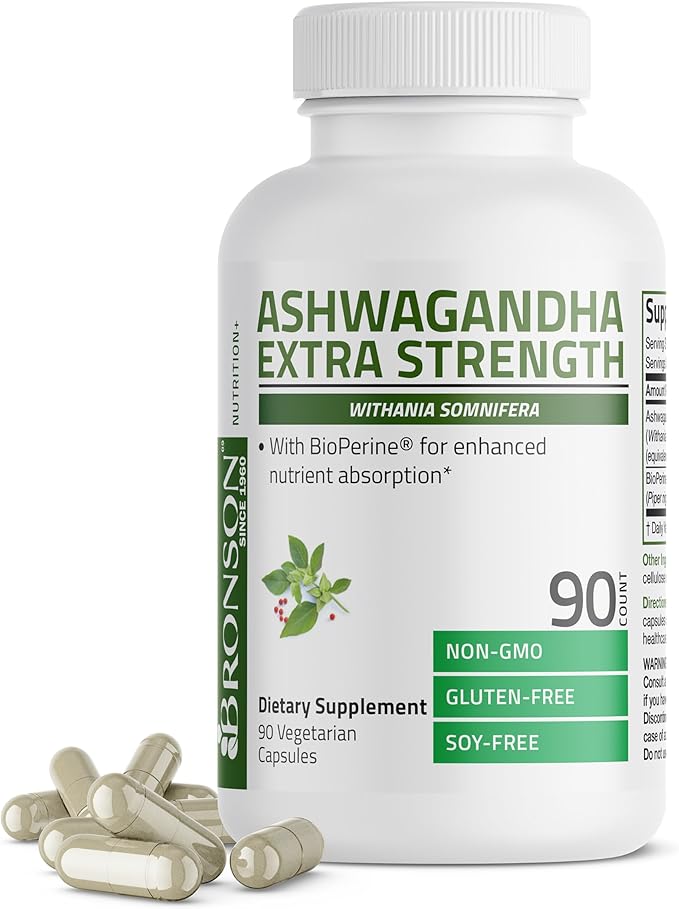Can you take Alpha Linolenic Acid and Flax Seed together?
Interaction Details
Taking Alpha Linolenic Acid and Flax Seed together has the potential for great synergy, suggesting a rating of 5 out of 5.
Alpha Linolenic Acid (ALA) is an omega-3 fatty acid found in high amounts in flaxseed. Flaxseed, on the other hand, is a rich source of ALA. When taken together, they essentially provide the same nutritional benefit, which is an increased intake of ALA. This synergy is not about enhancing each other's effects through different mechanisms but rather about significantly increasing the concentration of ALA in the diet. ALA has been associated with various health benefits, including reduced inflammation, improved heart health, and support for brain function. Since flaxseed is a source of ALA, taking both could potentially lead to a substantial increase in ALA intake, synergistically enhancing the benefits associated with ALA consumption.
Potential Benefits
Potential Risks
Related Studies
Alpha Linolenic Acid
Alpha-Linolenic Acid (ALA) is an omega-3 fatty acid found in plant-based foods such as flaxseeds and walnuts. It is considered an essential fatty acid because the human body cannot produce it on its own.
Some benefits of ALA include supporting heart health and reducing inflammation.
Flax Seed
Flax Seed is a plant-based supplement rich in omega-3 fatty acids, fiber, and antioxidants, often used to support heart health and digestion.
